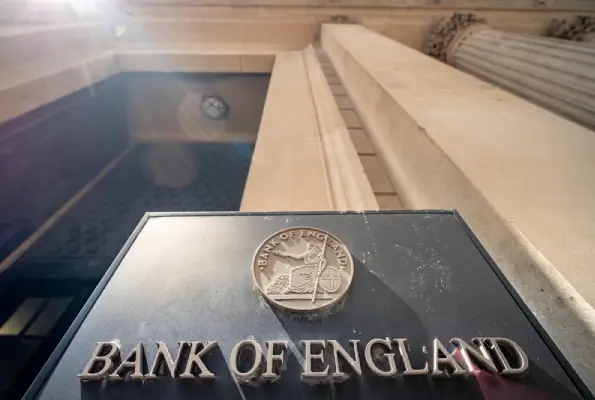A critical step in strengthening the resilience of the United Kingdom’s financial sector was taken in April 2024 when the Bank of England (BoE) decided to step up stress testing for clearing houses. Stress testing has up until now been seen as a regulatory checkbox, an important but tedious task to make sure regulations are being followed.
But the Bank of England announcement makes clear why it’s time to shift this understanding and see stress testing for what it really is—a potent tool for boosting financial stability and gaining an advantage in a market that is becoming more and more unpredictable.
Stress testing is a strategic necessity for clearing house members, not just a legal requirement. Market players should review their risk management procedures and fortify their defences against future economic shocks in light of the BoE’s meticulous investigation of credit risks in the British financial industry.
The foundation for surviving financial storms is timely and accurate data insights. A thorough understanding of portfolio transactions, trading positions, corporate actions, and pricing is crucial for making well-informed decisions and effectively mitigating risks in today’s fast-paced and interconnected markets.
This is where stress testing comes into play very important. The Bank of England is highlighting the significance of data-driven risk management techniques while also guaranteeing the stability of these vital financial intermediaries by putting clearing houses through rigorous stress tests.
Members of clearing houses understand that staying ahead of the curve requires analysing vast amounts of data, which goes beyond just meeting regulatory requirements. The most effective method for achieving this is to use a centralised Investment Book of Records (IBOR), which offers a “single version of the truth” that includes exposures, valuations, and positions based on all of a financial institution’s investment data.
Those in the financial industry who use stress testing as a competitive advantage will rise to the top in an era of unparalleled market volatility. Members of clearing houses can increase their resilience to market shocks and win the trust and confidence of counterparties and investors by proactively identifying and addressing potential vulnerabilities in their operations.
Additionally, through stress testing, clearing house participants can show that they are dedicated to both financial stability and legal compliance. They can build more credibility and trust in the eyes of investors, regulators, and other stakeholders by upholding the strictest standards of risk management and transparency.
Stress testing has become a standard tool used by central banks and regulators to evaluate banks’ preparedness to handle abrupt volatility in international markets.
Stress tests are now required of banks in order to assess their resilience; the question is, how comprehensive will these tests be? Stress testing must be extended to other market participants in order to guarantee the highest levels of readiness for potential volatility.
The BoE’s move to step up stress testing for clearing houses should ultimately be praised as a strategic necessity for members of the market clearing house to weather tumultuous times with poise and fortitude.



